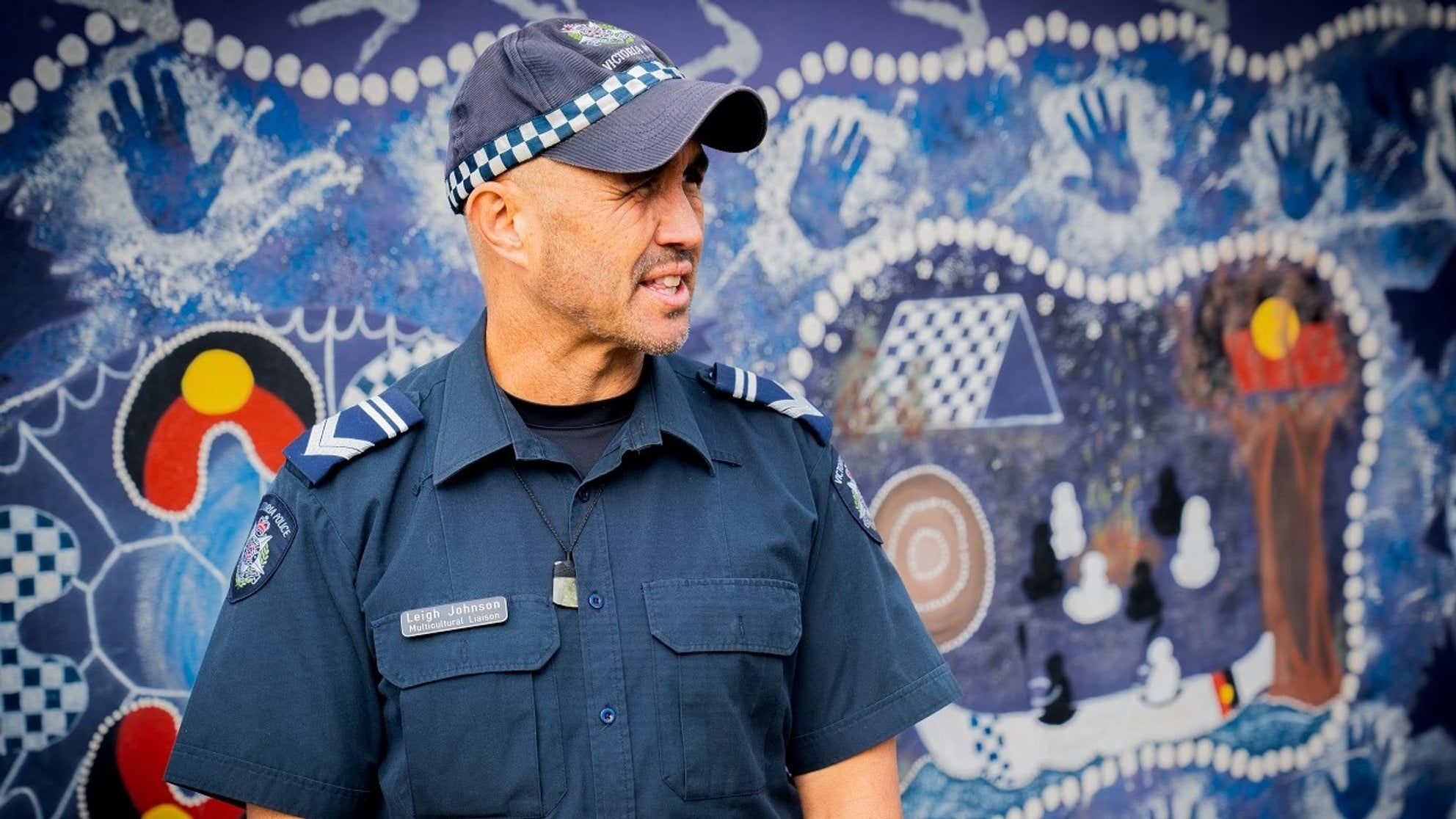How trauma happens
Trauma can be a physical and/or emotional response to a threatening or distressing event(s) that significantly impacts the body’s ability to cope and function normally.
People perceive things differently depending on their individual life experiences. What is traumatic to one person may not be for someone else. We all have different ‘hot button’ topics that can be pressed by a potentially traumatic event. For example, a situation involving children may be a common 'hot button' topic for parents or caregivers. Other 'hot button' topics (for anyone) may include situations involving animals, family, friends, and / or past history of exposure to trauma.
There are different ways that you might be exposed to a traumatic situation. You can experience it directly or hear about it, which is known as vicarious trauma.
Reactions to trauma
Feeling distress when confronted with a potentially traumatic event is a normal response to an abnormal situation. This can have a negative impact on our ability to function. Most people recover in the weeks following the incident, particularly with the help of caring family members and friends. For some people, their ability to function after recovery becomes better than it was before - this is known as post-traumatic growth.
Post Traumatic Stress Disorder (PTSD)
When symptoms relating to the trauma are ongoing, this may lead to Post Traumatic Stress Disorder (PTSD). People with PTSD often experience feelings of panic or extreme fear, similar to the fear they felt during the traumatic event.
A person with PTSD experiences changes in four main areas.
A person may be diagnosed with PTSD by a mental health professional if their symptoms in each of the above four categories last for a month or more, and these symptoms are causing significant distress or impacting on work and study, relationships, and day-to-day living.
A response to trauma can happen in a number of ways
- Cumulative PTSD is when repeated experiences of traumatic events result in reactions that become progressively worse over time. In this case, you may become more reactive and debilitated by events that would not have affected you in the past.
- Trauma symptoms may occur unexpectedly where there is no warning before the symptoms start. There may be a delay of days, weeks, months or even years between the incident and your symptoms.
- Trauma symptoms may be directly connected to one isolated traumatic event, and occur soon after the incident.
- Trauma symptoms may also vary in intensity over time.
Why do I react like this?
Part of the trauma response is your body being on alert to protect you. When you face a perceived threat, your body responds by charging up so you can fight or run from the threat. This is the fight-or-flight response. It involves changes such as your heart beating faster, your breathing being shallow and your muscles tensing. If you can’t fight or run, or your system is completely overwhelmed, your body might go into a freeze response. The freeze response is often over quickly but can feel very frightening.
Many of the symptoms of PTSD are your body’s way of trying to protect you. For example, being highly alert might have helped you survive at the time of the trauma incident, and your body has learnt this is a way to keep you safe. Trauma memories are also stored in a different way than other memories, so it feels like the threat is still present and happening.
A big part of treatment for trauma involves teaching your body and mind that you are safe, and the trauma is over. You can’t change what happened, but you can develop a different perspective that helps you see the trauma as a memory that is over, rather than an experience that continues to happen.
How to manage symptoms of trauma
Treatment options
There are many different treatment options that can help you manage and overcome the impact of trauma. Talking to your GP or another trusted person about what you are experiencing can be a good place to start.
There is a variety of internal and external supports and resources on our Wellbeing Support page, which can be found by clicking here.
Updated


